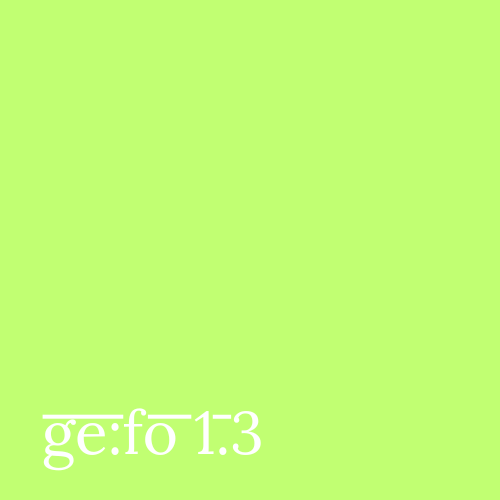Nineteenth-Century Narraceons: Race, Gender, and (National) Identity in Harriet Beecher Stowe's Uncle Tom's Cabin and Dred and George Eliot's Daniel Deronda
DOI:
https://doi.org/10.18716/ojs/gefo/2002.2770Keywords:
George Eliot, Daniel Deronda, Jewishness, race, (homo)eroticismAbstract
George Eliot's inquiry into Jewishness as racial origin in her last novel, Daniel Deronda (1876), was motivated by the American writer Harriet Beecher Stowe's exploration of the subject of race in Uncle Tom's Cabin (1852) and Dred (1856). Eliot's continued interest in how individual and social identity is constituted made her go beyond Stowe's considerations of race and (national) identity and focus on the teachings of Jewish Kabbalah1 in Daniel Deronda. Her investigation of the ancient Jewish faith caused her to incorporate into her novel a very interesting meditation on identity that explores the identity constituting power of the
socio-biological determinants of "race" or (homo)eroticism; this fascinating aspect of Daniel Deronda will be discussed in the second part of my paper.



